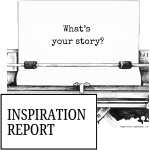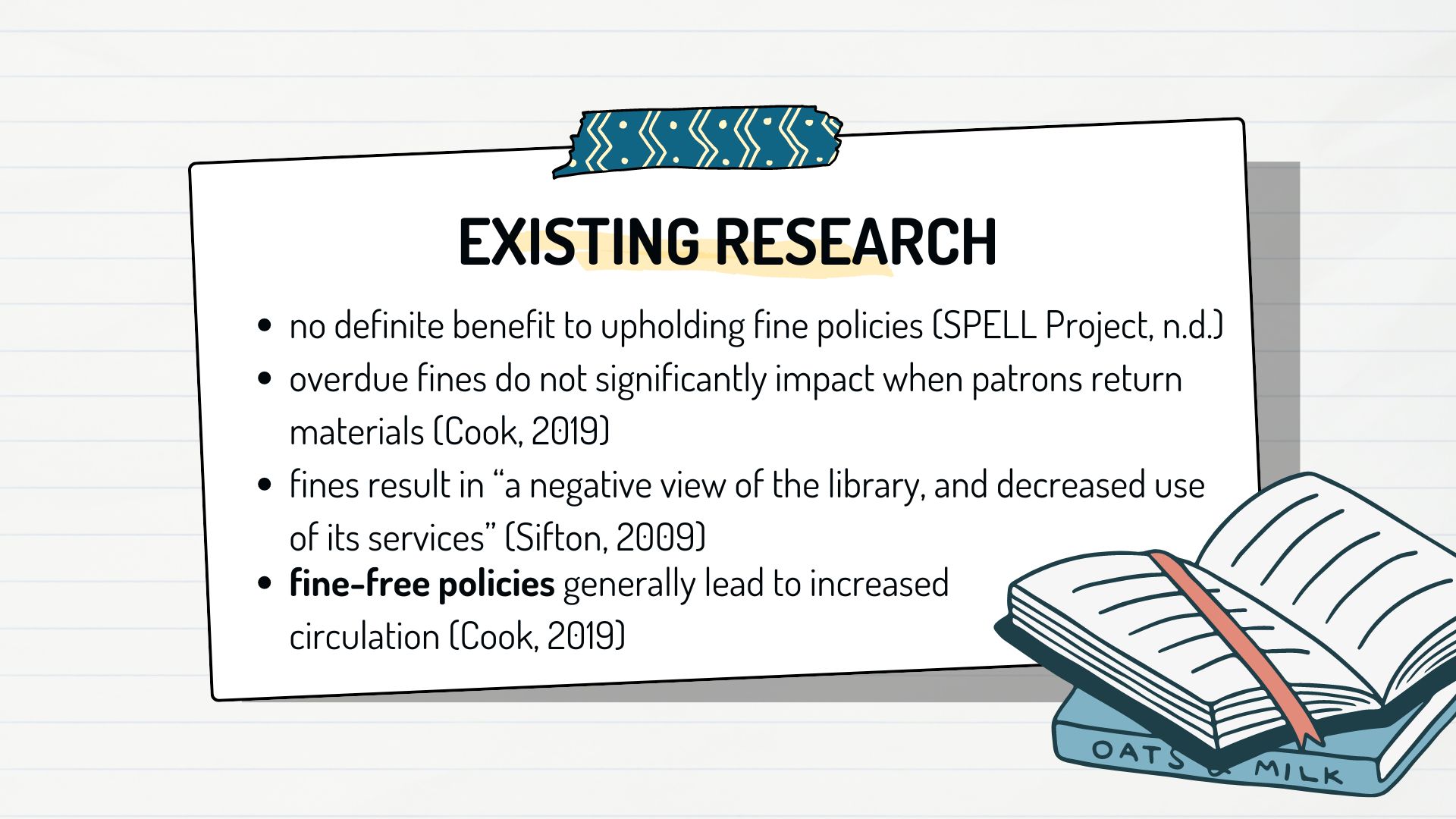A Power of Stories Program
I have always been interested in the stories of others, but I perhaps didn’t realize how vital stories are for my own sense of connection and empathy until I left the high-demand religion I was raised in. I was hungry for the stories of others like me, and hearing those stories helped me work through some complex feelings in a very difficult time of transition.
Then my mom got sick. After her passing I found a DVD in her office. I turned it on and there I saw my mom’s face. At some point in the years just before her illness, she had visited her local family history library and recorded herself telling some of her life stories. My sisters and I have also tried to ask our dad questions about his life and record them, as his memory and health decline due to advanced Parkinson’s Disease. These are artifacts I treasure.

My mom utilizing a digital storytelling program at her local family history library
As I have learned more about the power of stories in this class, I have thought about my parents and the stories they leave behind. I have thought about how so many stories have touched me and, at times, saved me. And I have thought about how many people have stories inside them, some that may never be heard, and how tragic that is.
These thoughts are what influenced my Inspiration Report. What barriers are there that prevent stories from being told? The greatest barrier I could think of was access: community members who have the most stories to tell are often the ones who cannot access services and programs that can help them tell their stories, whether because they are homebound or because they lack the tools. So, what can libraries do to encourage and support community members, of all ages and abilities, to share their stories?
As leaders in their communities and leaders in today’s digital world, libraries have a unique opportunity to help community members share their stories. Many libraries have existing place-based programs and technology for digital storytelling. However, very few have these same resources available for use remotely. Making storytelling resources available both in and out of physical library spaces will increase access for all patrons.
I propose Narratives Near & Far, a DIY digital storytelling program that aims to simplify the process and allow users to tell their stories wherever they are:
























